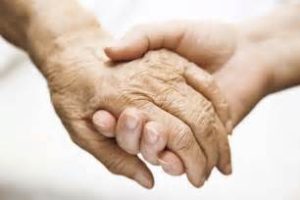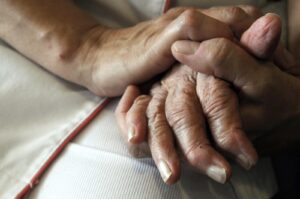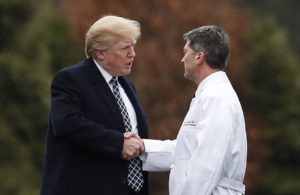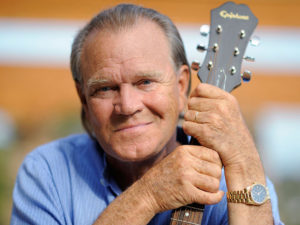Long ago I pledged to use this blog as a forum to advocate for Alzheimer’s disease research. Why? Because it affects me directly along with members of my family who have suffered the agony of watching loved ones get sick and die from this merciless killer.
I lost my mother to it. Her younger brother died of complications from Alzheimer’s disease just a couple of years ago. My aunt has just been diagnosed with the disease. One of my dearest friends — a with whom I go back more than 60 years — is now watching his mother wither away from the disease.
You see, Alzheimer’s disease afflicts not just its victims. The collateral damage it inflicts goes far beyond the number of actual “victims” of the disease.
Last I heard, about 4 million Americans have been diagnosed with the disease. Multiply that figure by many times … two, three, four or five, whatever.
Then you come up with a number more closely representing the total casualty count delivered by Alzheimer’s.
Loved ones suffer the most | High Plains Blogger
Thus, as the nation ages — as it is doing — you see the numbers of Alzheimer’s patients increasing. Just as critically, we will witness the number of affected loved ones increase even more dramatically.
The Alzheimer’s patient loses his or her cognitive ability over time. It’s the loved one who cares for his or her spouse, the parent, the sibling or even the extended member of the family who needs help. Is the government ever going to be prepared to offer them counseling, or advice, or wisdom?
Yes, this disease harms so many Americans in so many ways and at so many levels.
We need to stay busy looking for a cure.





